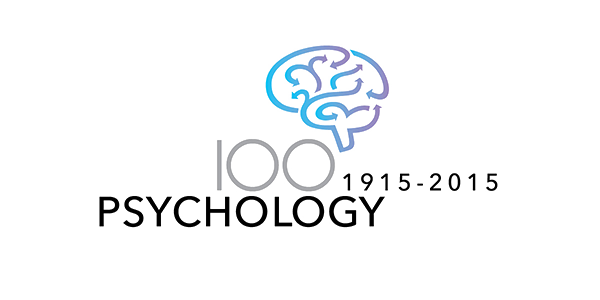
John Anderson
Richard King Mellon University Professor of Psychology and Computer Science
Areas of Expertise
Cognitive Neuroscience, Cognitive Science, Computational, Learning Science
Bio
The goal of my research is to understand the structure of higher-level cognition with a particular focus on mathematical problem solving. This has led us to focus on what are called "unified theories of cognition." A unified theory is a cognitive architecture that can perform in detail a full range of cognitive tasks. Our theory is called ACT-R and takes the form of a computer simulation which is capable of performing and learning from the same tasks that subjects in our laboratories work at. ?We develop cognitive models for various tasks of interest constrained by the overall architecture.
Our current work has focused on analyzing brain imaging data to test cognitive models and to guide their development. In particular, we have been interested in parsing the time course of brain imaging data to get information about what is happening "under the hood" as people perform a complex task. This information is being used to help design instruction that will enable students extend their knowledge beyond the procedures that are taught.
Publications
Walsh, M. M. & Anderson, J. R. (2009). The strategic nature of changing your mind. Cognitive Psychology, 58, 416-440.
Anderson, J. R., Anderson, J. F., Ferris, J. L., Fincham, J. M., & Jung, K-J. (2009). Lateral inferior prefrontal cortex and anterior cingulate cortex are engaged at different stages in the solution of insight problems. Proceedings of the National Academy of Science, USA, 106, 10799-10804.
Brunstein, A., Betts, S., & Anderson, J. R. (2009). Practice enables successful learning under minimal guidance. Journal of Educational Psychology, 101, 790-802.
Taatgen, N. A. & Anderson, J. R. (2009). The Past, Present, and Future of Cognitive Architectures. topics in Cognitive Science.
Anderson, J. R. (2010). Cognitive Psychology and Its Implications: Seventh Edition. New York: Worth Publishing.
Rosenberg-Lee, M., Lovett, M., & Anderson, J. R. (2009) Neural Correlates of Arithmetic Calculation Strategies. Cognitive, Affective, and Behavioral Neuroscience, 9, 270-285.
Danker, J. F. & Anderson, J. R. (2010). The ghosts of brain states past: Remembering reactivates the brain regions engaged during encoding. Psychological Bulletin, 136, 87-102.
Stocco, A., Lebiere, C., & Anderson, J. R. (2010). Conditional routing of information to the neocortex: A network model of basal ganglia function. Psychological Review, 117, 540-574.
Anderson, J. R., Betts, S., Ferris, J. L., Fincham, J. M. (2010). Neural Imaging to Track Mental States while Using an Intelligent Tutoring System. Proceedings of the National Academy of Science, USA, 107, 7018-7023.
Anderson, J. R. (2007). How Can the Human Mind Occur in the Physical Universe? New York: Oxford University Press.
Stocco, A., Lebiere, C., & Anderson, J. R. (2010). Conditional routing of information to the neocortex: A network model of basal ganglia function. Psychological Review, 117, 540-574.
Anderson, J. R., Betts, S., Ferris, J. L., Fincham, J. M. (2011) Cognitive and Metacognitive Activity in Mathematical Problem Solving: Prefrontal and Parietal Patterns. Cognitive, Affective, and Behavioral Neuroscience,11,52-67.
Anderson, J. R., Betts, S. A., Ferris, J. L., & Fincham, J. M., Yang, J. (2011). Using Brain Imaging to Interpret Student Problem solving. IEEE Intelligent Systems, 26 (5), 22-29.
Schneider, D. W., & Anderson, J. R. (2012). Modeling Fan Effects on the Time Course of Associative Recognition. Cognitive Psychology, 62, 193-222.
Anderson, J. R., Fincham, J. M., Yang, J. & Schneider, D. W. (2012). Using Brain Imaging to Track Problem Solving in a Complex State Space. NeuroImage, 60, 633-643.
